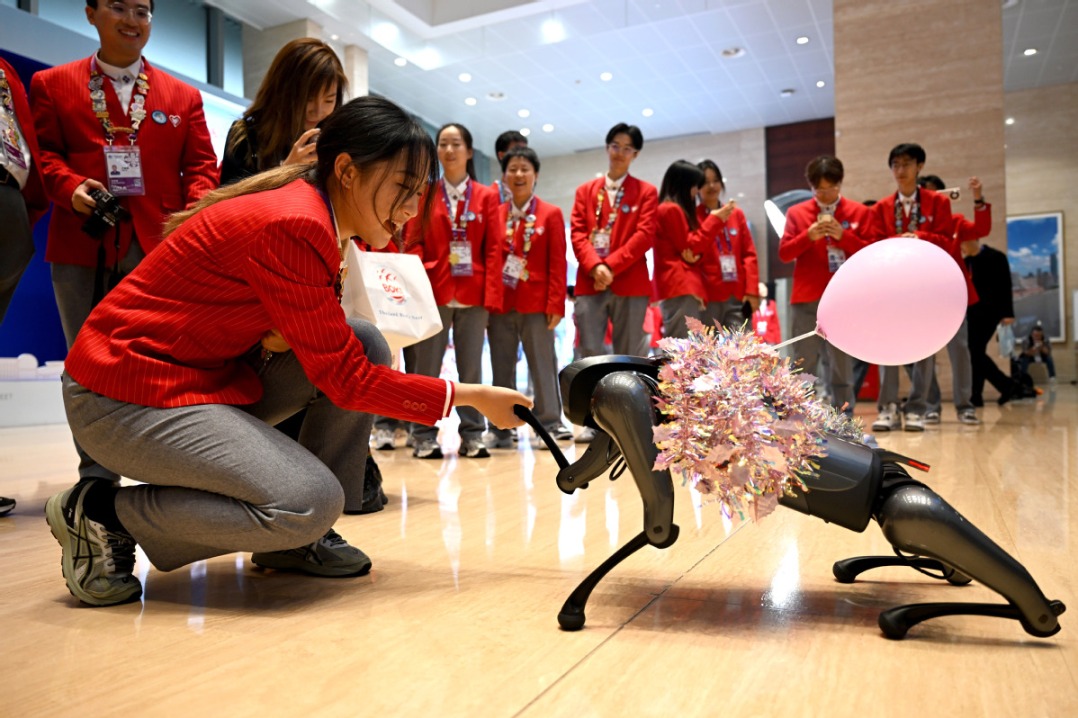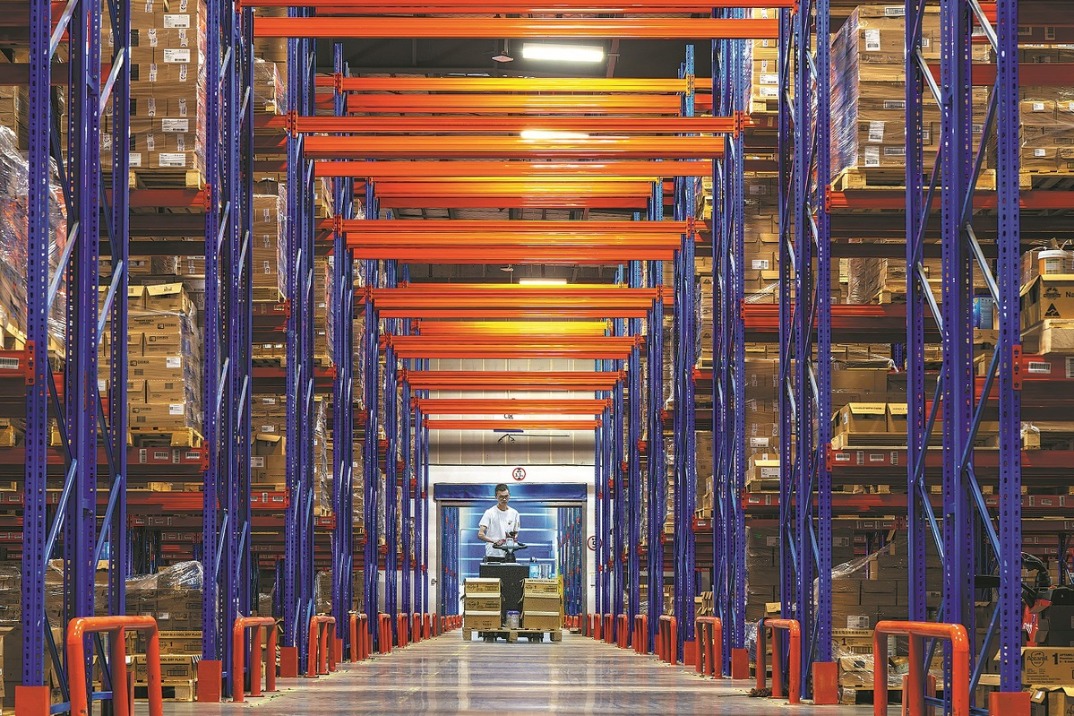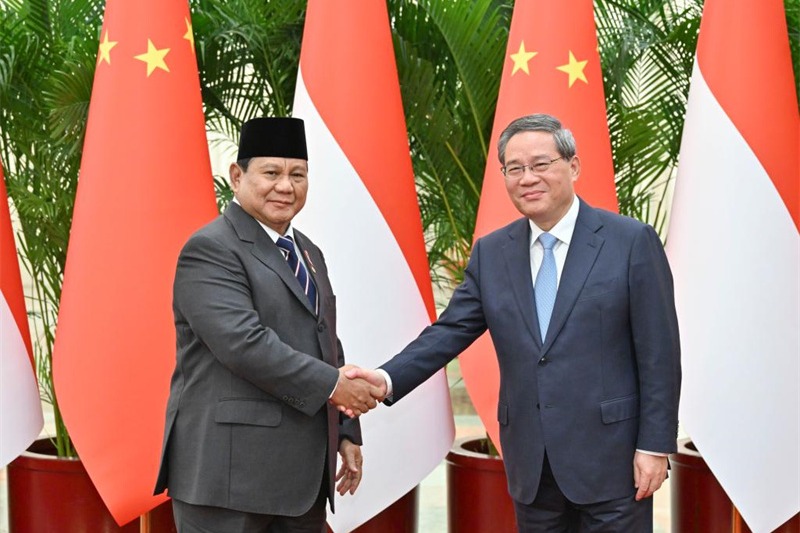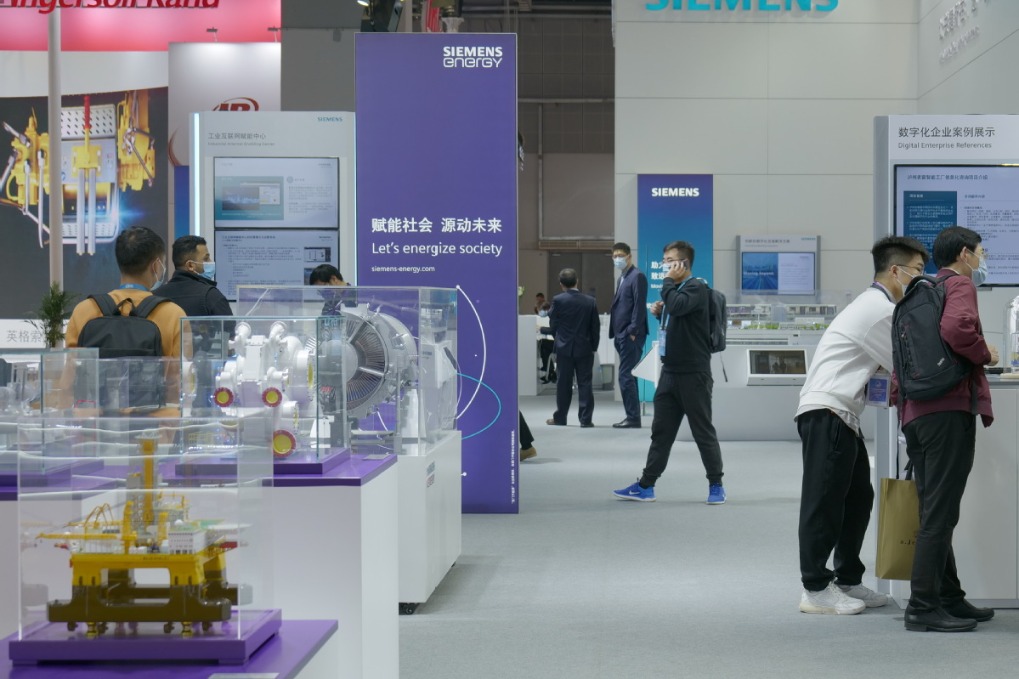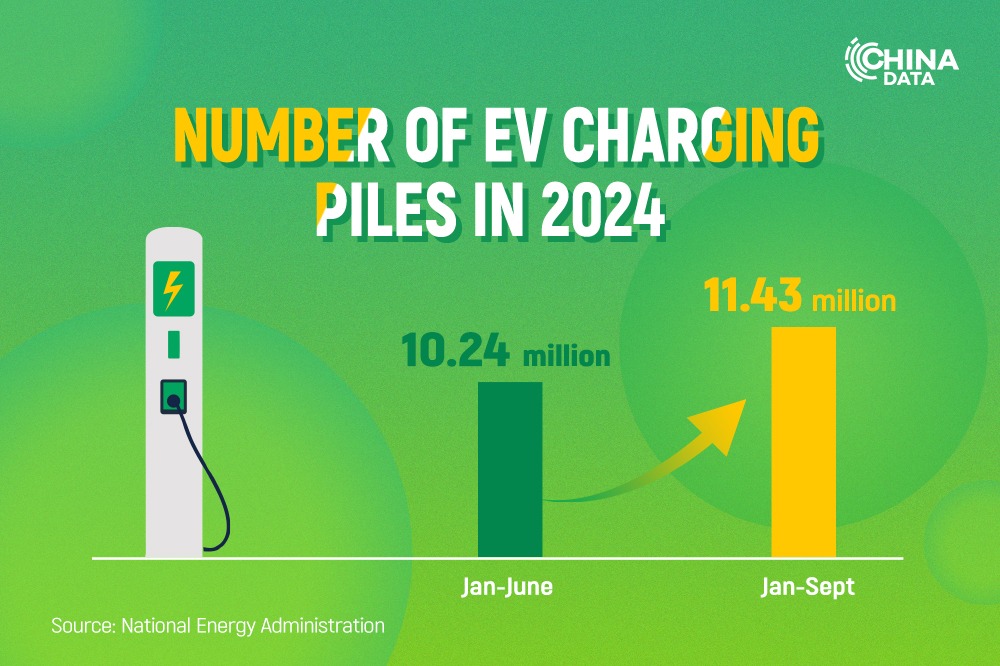Safety first but passion stays alive in show


Crowds in face masks pour into capital arena to see latest models from top carmakers
Face masks, body temperature checks and health-document scans...These and other preventive measures that are being taken at this year's Beijing auto show, which started on Saturday, remind us that the COVID-19 pandemic still casts a sense of uncertainty on the auto industry.
Yet the crowded east and west halls of the exhibition center that cover 200,000 square meters and the congested traffic around the venue render some certainty.
First, the Chinese market is recovering and second, the trend of electrification is becoming more obvious in the show, which is a miniature of the largest single automobile market in the world.
For instance, Japanese carmakers, which were less aggressive in electric car plans, are stepping on the pedal to showcase their products in the hope of winning a slice of the segment.
The Toyota booth is packed with electrified vehicles, ranging from its first production electric car, a compact SUV called the C-HR EV and an autonomous electric shuttle concept named e-Palette, to its more familiar hybrids and Mirai fuel-cell sedan.
Honda's SUV e concept and Nissan's Ariya crossover, both of which are the first electric model for the brands, are hogging the limelight of their respective booths.
Chinese startups are increasing their offerings. Nio is demonstrating its battery-swap service and autonomous driving system. WM, which has just finished a 10 billion yuan ($1.47 billion) financing round, announced prices of its six-seat EX6 Plus SUV.Meanwhile, Xpeng unveiled a flying electric car prototype. Enovate is highlighting the digitalized functions of its ME7, and Human Horizons, whose stand is next to Tesla's, wowed the audience when its HiPhi X SUV was unveiled two days ahead of the auto show.
"The pandemic has made the entire automotive industry understand the general direction of future development," said Wang Hao, Tesla China general manager.
"A brand-new automotive era will be established, that is, the era of new energy vehicles. This is a new track, a new direction. It is driven by user experience, defines cars with software, and takes sustainable energy as the core. There are endless possibilities in this direction."
The show is not just about electric cars. The premium segment was the first to recover since the industry's rebound in second quarter of the year. Mercedes-Benz's all-new S class, the Audi Q5L Sportback, and the allnew BMW M3 and M4 made their public debuts at the auto show.
The top-notch players were ready to catch eyes of spectators. Maserati has brought its MC20 to Beijing, Porsche is showcasing such models as the new Panamera, vowing to offer more cars first in China, and James Bond's Aston Martin held the global offline premiere of its Vantage Roadster.
Volume brands also bring to the show their canon products, including seventh-generation Elantra sedan from Beijing Hyundai, Ford's electric SUV Mustang Mach-E, and Volkswagen's new Phideon and CC sedans.
"This year, car models and presenters are all wearing face masks. It is less distracting and allowing us to focus more on the cars," said Zhang Xiao, a website editor.
Despite the hustle and bustle of the show, insiders said they are "cautiously optimistic" about the future.
Data show that 785 cars hit the stage this year, compared with 1,022 displayed at the last Beijing auto show, which is held every two years. Similarly, the number of carmakers that chose Beijing for their world premieres dropped from 105 to 82.
The scale-down roughly matches with overall trend of the market. Official data show that sales and the production volume of passengers cars in China dropped 15.2 percent to about 11 million in first eight months of this year compared to 2019. Looking ahead, GM China President Julian Blissett, said he has full confidence in the Chinese market's near-term resilience and long-term growth.
















